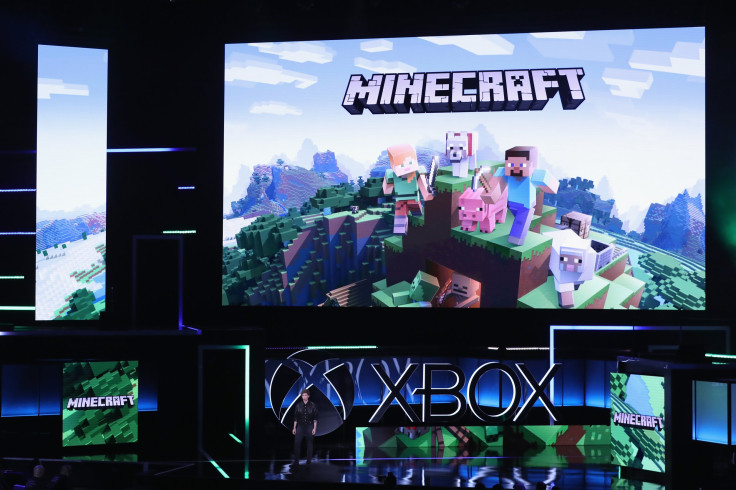Cybercriminals Attacked Kids In Games Like 'Minecraft,' 'Roblox' 7 Million Times In 2022: Kaspersky

KEY POINTS
- More than 7 million cyberattacks were launched on 13 popular children's games last year
- Cybercriminals targeted "Minecraft" the most, affecting 140,515 users
- Among the threats Kaspersky detected, about 6,551,122 were downloaders
Kaspersky detected more than 7 million cyberattacks last year that were related to popular children's games, the cybersecurity company revealed.
The figure was up by 57% compared to the 4.5 million attacks that were detected in 2021, Kaspersky said in a report titled, "The dark side of kids' virtual gaming worlds."
In total, 232,735 users encountered 39,973 malicious files that were spread under the guise of popular children's games.
Cybercriminals targeted "Minecraft" players the most in 2022, affecting about 140,515 users.
Attackers also affected 38,850 "Roblox" users and 27,503 "Among Us" gamers.
"Traditionally, 'Minecraft' has been the most targeted by cybercriminals," Kaspersky claimed.
"In the gaming community it is common to use cheats and mods allowing you to update and customize your virtual world. This exact feature is used by fraudsters who distribute malware and unwanted applications under the guise of additional functions and mods in 'Minecraft,'" the company's post read.
Kaspersky's findings were the result of examinations of threat statistics on 13 different games from its Kaspersky Security Network (KSN) for the period between January 2021 and December 2022.
The company, which chose games where the average player age was between 3 years old and 16 years old, described KSN as "a system for processing anonymized cyberthreat-related data shared voluntarily by Kaspersky users."
In addition to "Minecraft," "Roblox" and "Among Us," Kaspersky also evaluated phishing activity on "Animal Crossing: New Horizons," "Fortnite," "Apex Legends," "Brawl Stars," "Five Nights at Freddy's," "Toca Life World," "Overwatch 2," "Poppy Playtime" and "Valorant."
Among the threats Kaspersky detected, 6,551,122 were downloaders, which are not inherently malicious but can be used to load other threats onto devices.
Meanwhile, 315,576 were adware, or programs that showed advertisements on users' screens.
There were also tens of variants of the Trojan virus, a type of malware that is disguised to be safe.
As attackers targeted games that were designed for children aged 3 to 8 such as "Poppy Playtime" and "Toca Life World," which had 11,164 and 8,155 affected users, respectively, Kaspersky concluded that "cybercriminals do not filter their targets by age."
"[They] attack even the youngest gamers, potentially with the goal of gaining access to their parent's devices. Therefore, parents need to be especially careful about what apps their children download and whether their devices have trusted security solutions installed," the company said.
One of the most common attacks targeting young players involves offers to general in-game currency for free, according to Kaspersky.
"Naturally, many young gamers want to get free V-bucks and Robux instead of asking their parents. This is the hook cybercriminals use to catch them," the cybersecurity company said, referring to premium paid currency purchased on "Fortnite" and "Roblox," respectively.
Kaspersky has advised parents to "always be vigilant about their children's behavior and maintain a positive tone of communication if a threat appears."
"To spot a threat, you should always look out for a change. If you notice a sudden change in their gaming habits, this may be a cause for concern. While as a parent, you may be initially relieved that your child is pulling back from gaming, ensure that you take the time to understand why they have made this decision," the blog post read.

© Copyright IBTimes 2024. All rights reserved.





















